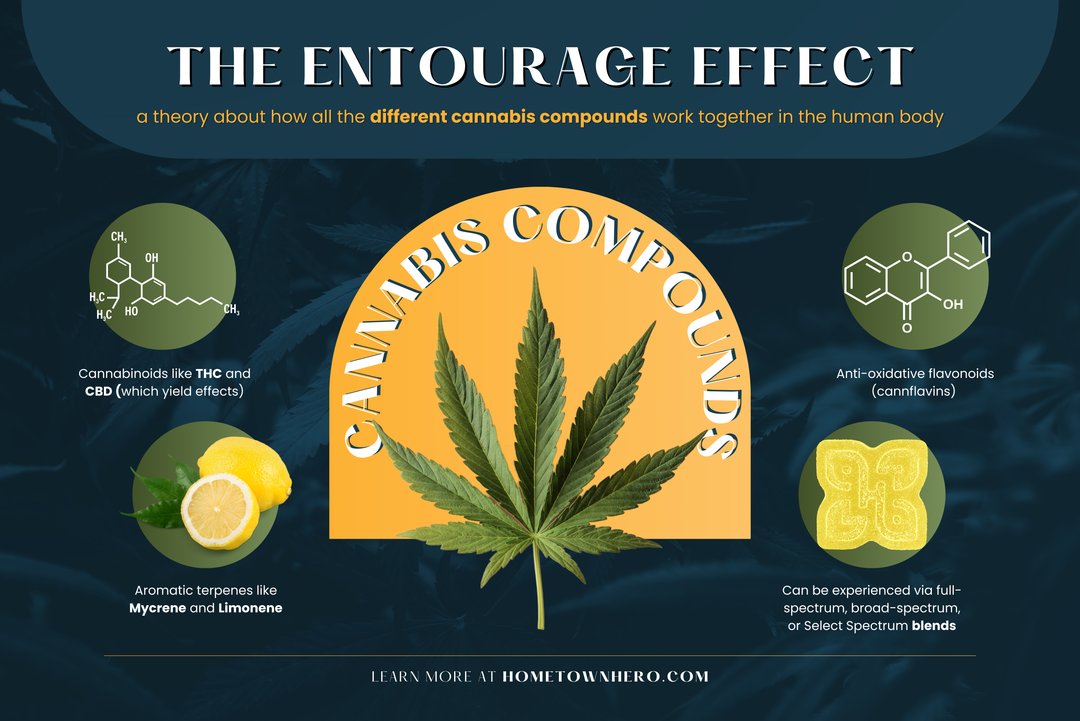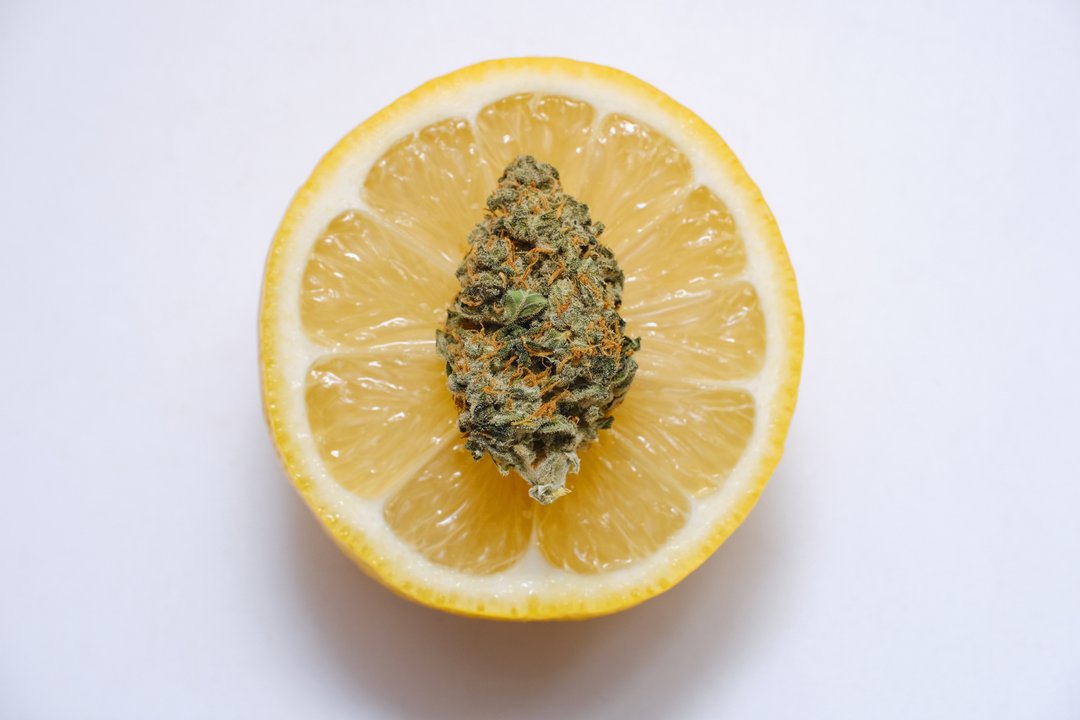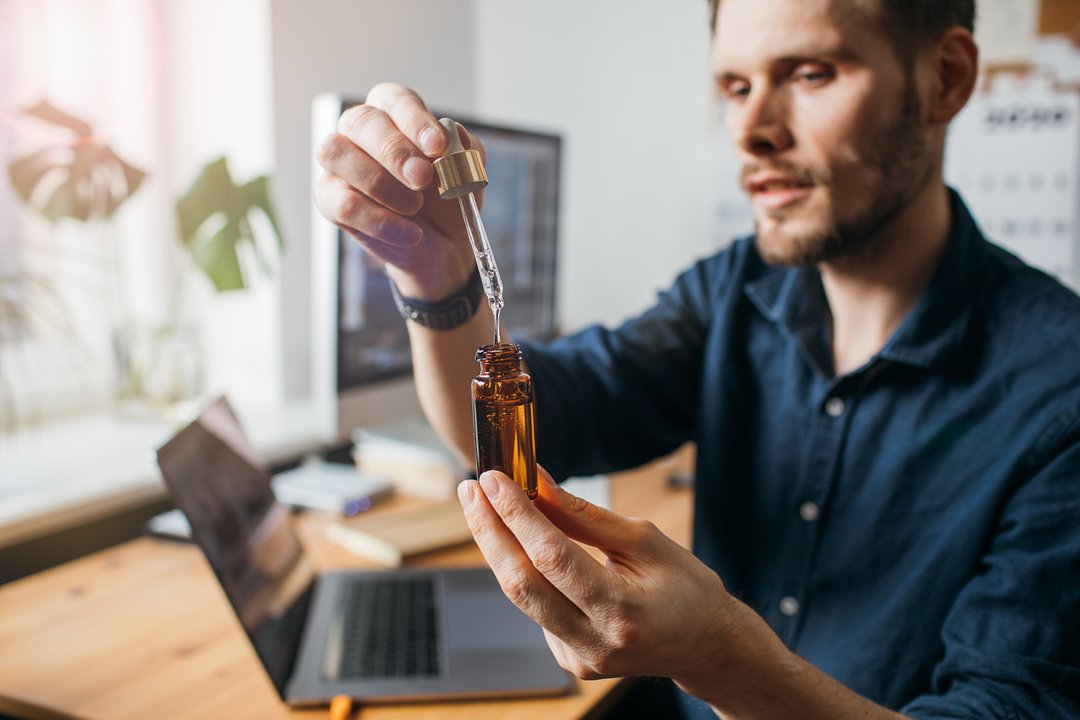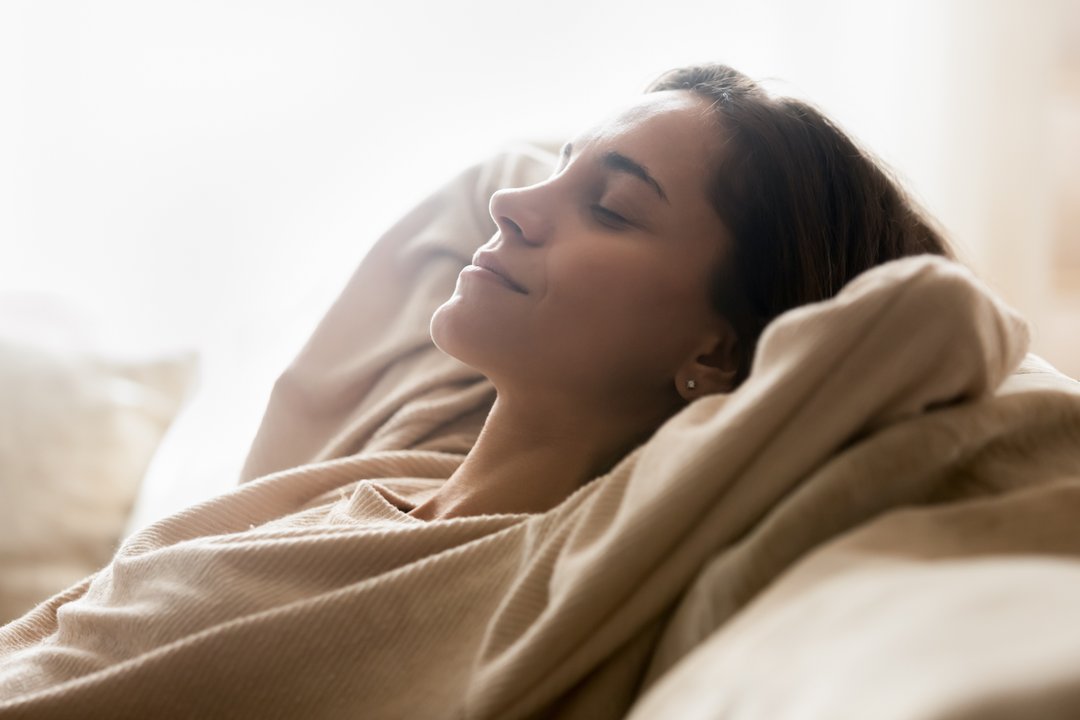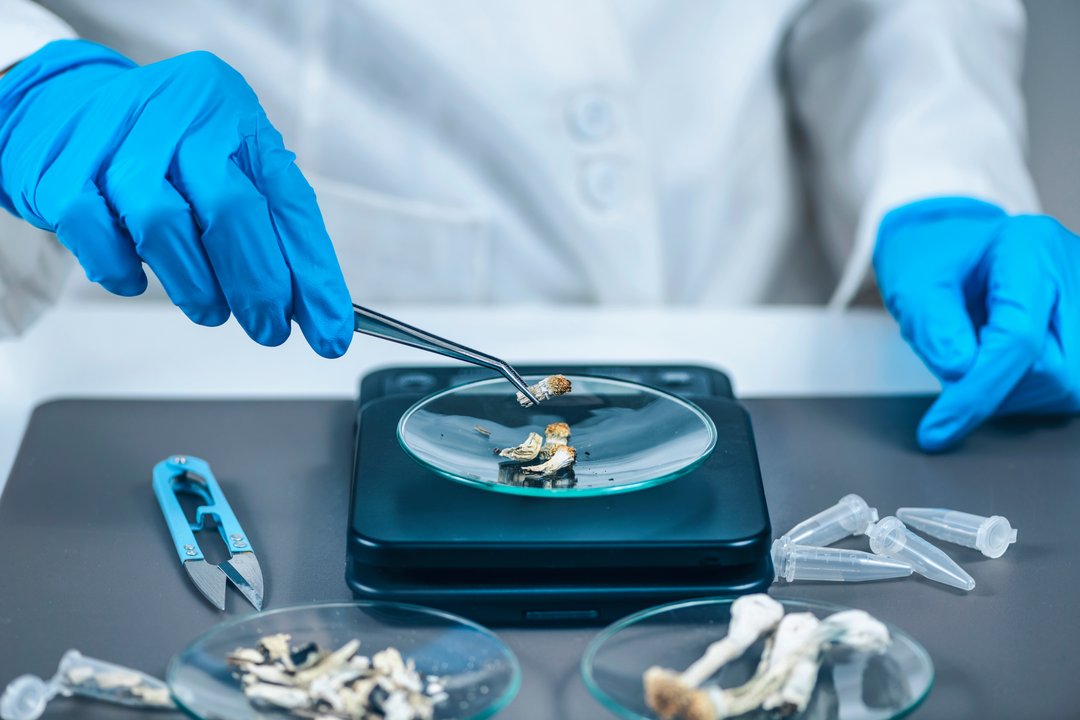By now, it should be clear that no single effect or benefit is linked to the entourage effect. Instead, it's more of a comprehensive theory describing an orchestra of possible effects.
This is because there are thousands of different cannabis and hemp options out there, each with a unique combination of cannabinoids and terpenes. Plus, cannabis is a highly individual experience.
For example, what you feel after consuming our
Sour Belts (with their synergistic blend of Delta-8, Delta-9, Delta-10, THCV, and THCP) will always be a little different from someone else’s experience with the very same product.
But with all those caveats out of the way, we can make a few broad suggestions about what the entourage effect could feel like, especially about the most common combinations, like CBD and THC.
Synergy of THC: CBD
One of the most famous combinations associated with the entourage effect is THC and CBD. Together, the intensity of the THC-related high is muted and more pleasant. Yes, the effects are still there, but they’ll feel rounded out with fewer pointy bits.
Synergy of Cannabinoids and Terpenes
What about adding in terpenes? Certain terpenes may highlight or accentuate the effects of cannabinoids. For example, there could be value in combining CBD and daily stress-relieving terpenes like limonene and linalool.
Again, these specific combinations haven’t been tested in clinical trials, but are promising given individual studies of the compounds.
Does the Entourage Effect Happen with Other Botanicals?

